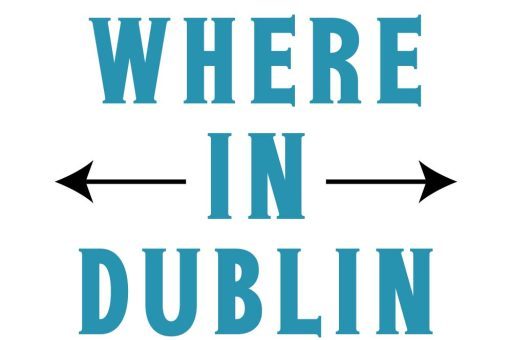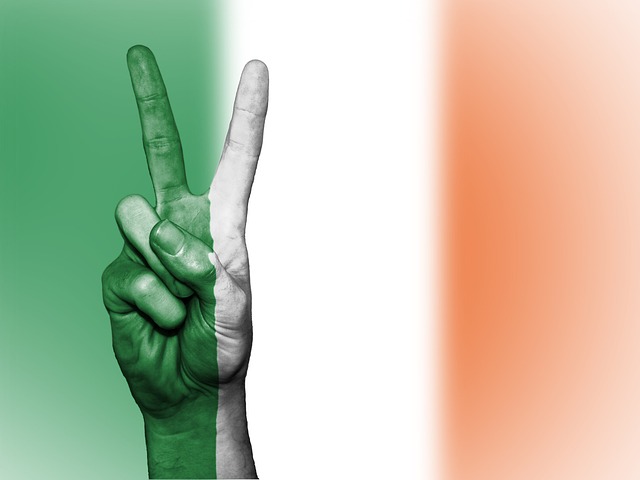When someone asks, “Is the UK a country?” the answer isn’t as simple as a yes or no. At first glance, it might seem straightforward, but once you dive into history, politics, and geography, things get more complicated. From my own personal experience, people often confuse the UK with England, or they mix it up with Great Britain. So let’s break it down clearly and thoroughly.
What the UK Actually Is
The United Kingdom, officially called the United Kingdom of Great Britain and Northern Ireland, is a sovereign state made up of four distinct regions: England, Scotland, Wales, and Northern Ireland. While it functions as a single country in international law and governance, it is composed of multiple nations with their own cultures, languages, and even legal systems in some cases.
England, Scotland, Wales, and Northern Ireland
Each of these regions has a unique identity:
England is the largest and most populous part of the UK. It’s home to the capital city, London, and the center of much of the country’s political and economic power.
Scotland has its own legal and educational systems, distinct from England’s, and a rich history of independence movements.
Wales has a strong cultural identity, with the Welsh language still widely spoken in certain areas.
Northern Ireland has a complex political history, influenced heavily by religious and cultural divides.
Despite these differences, the UK acts as one sovereign state internationally. It has one seat at the United Nations, one passport system, and one currency in most of its regions.
Why People Get Confused
The confusion often comes from terminology. People say “Britain,” “Great Britain,” “England,” and “UK” interchangeably, but they don’t mean the same thing.
England is just one part of the UK.
Great Britain refers to the island that includes England, Scotland, and Wales, but not Northern Ireland.
United Kingdom includes all four: England, Scotland, Wales, and Northern Ireland.
So technically, the UK is a country because it is recognized as a sovereign state. However, it’s also a union of countries, which is why the answer feels tricky.
The UK on the Global Stage
From my own personal experience, explaining this to people outside Europe is often challenging. Many think the UK is just England, but when dealing with international law, sports competitions, or trade, the distinction matters.
For example, in football, Scotland, Wales, England, and Northern Ireland all have separate national teams, even though they are part of the same country politically. This shows how complex identity can be within a single sovereign state.
Political Structure
The UK is a constitutional monarchy with a parliamentary system. The monarch is the head of state, while the Prime Minister is the head of government. Parliament is responsible for passing laws, but Scotland, Wales, and Northern Ireland have their own devolved governments with powers over certain areas, like education and health.
Legal and Educational Systems
Interestingly, Scotland has its own legal system, which differs from English law. Wales, meanwhile, has some devolved powers and has introduced laws in areas like language and culture. Northern Ireland has a separate legal system influenced by its history and agreements like the Good Friday Agreement.
Historical Context
Understanding the history of the UK is key to understanding why it’s both a single country and a union of multiple nations. The formation of the United Kingdom was a gradual process:
In 1707, England and Scotland united to form the Kingdom of Great Britain.
In 1801, Ireland joined, creating the United Kingdom of Great Britain and Ireland.
In 1922, most of Ireland left, forming the Irish Free State (now the Republic of Ireland), leaving Northern Ireland as part of the UK.
This history explains why the UK is technically one country while consisting of multiple nations.
Identity and Culture
From my overall experience, the cultural identity in the UK is incredibly diverse. English, Scottish, Welsh, and Northern Irish identities coexist, and each region maintains traditions, languages, and holidays that are unique.
Languages: English is dominant, but Welsh and Scottish Gaelic are officially recognized in their regions.
Traditions: Scotland celebrates Burns Night and has a distinct set of national symbols, while Wales celebrates St. David’s Day.
Sports: International sports often have separate teams, reflecting national pride.
International Recognition
The UK is widely recognized as a single country in international law and politics. It has one government representing all four nations abroad. It is a member of the United Nations, NATO, and other global organizations. Its passports are issued as UK passports, and it negotiates treaties as a single entity.
Summary
So, is the UK a country? The answer is yes, legally and politically. However, it’s a country made up of multiple nations, each with its own identity, culture, and sometimes even laws. From my own personal experience, understanding this distinction helps clarify conversations about the UK, especially when people mistakenly use “England” or “Great Britain” to describe the entire nation.


